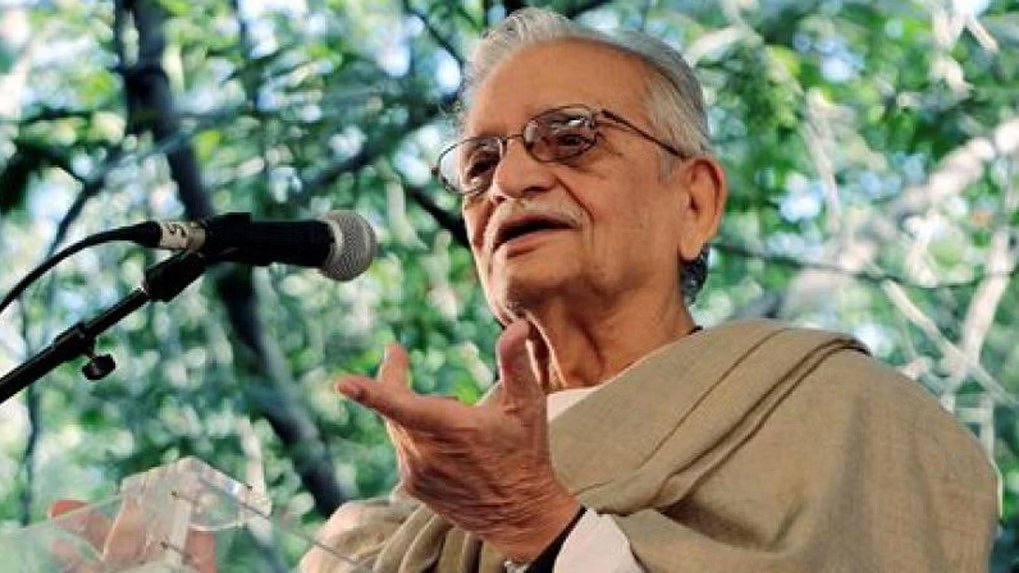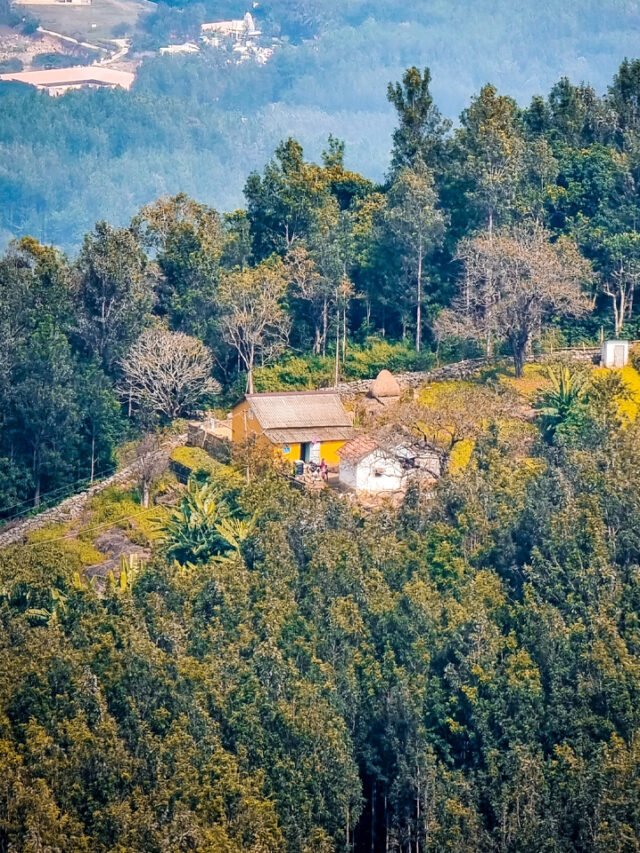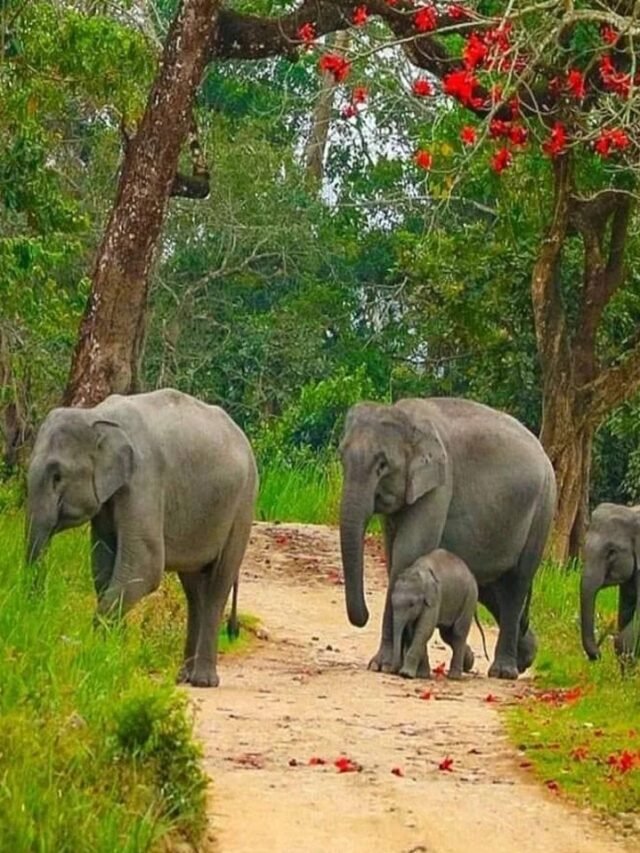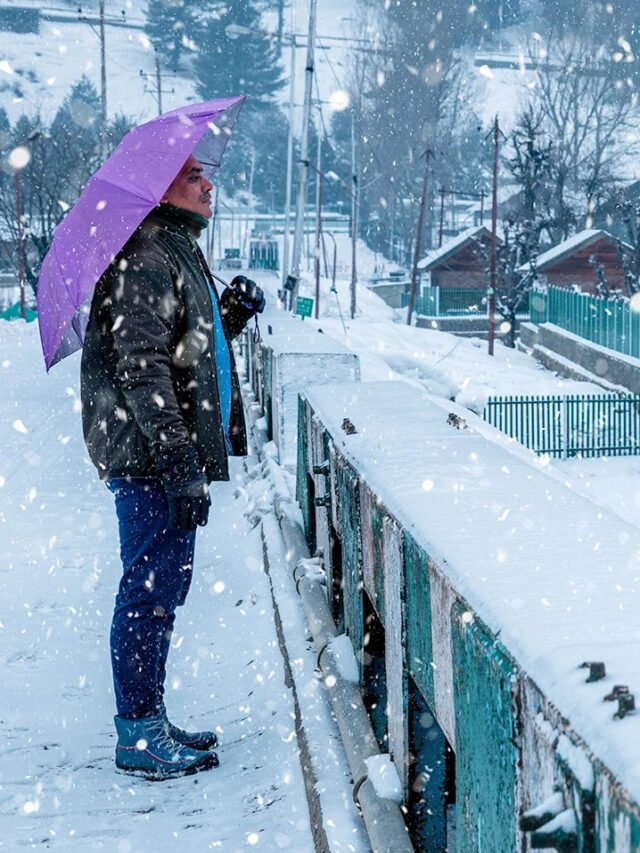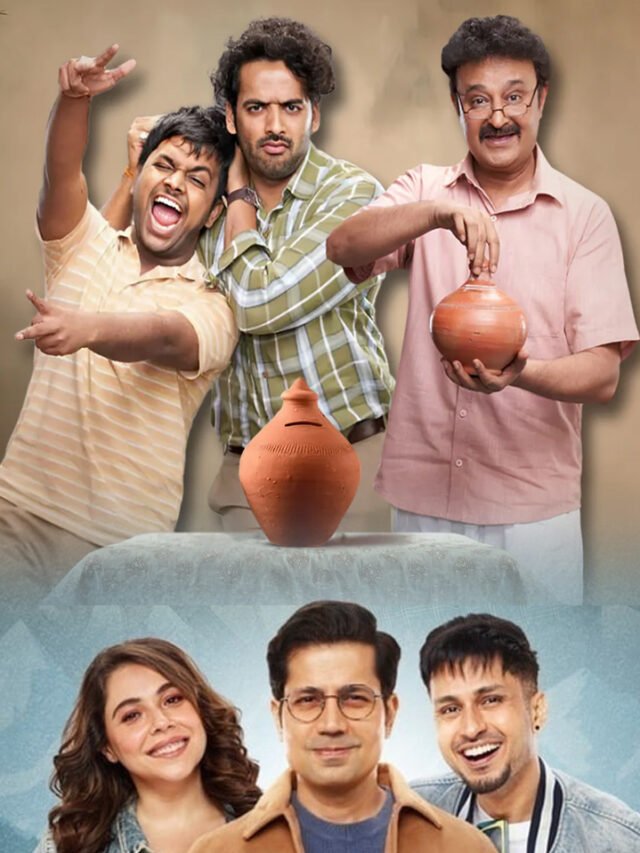By: Dr Ratan Bhattacharjee
- Book Title : Kabuliwalar Bangali Stree (Assamese Translation)
- Writer: Sushmita Banerjee (Translation Amulya Hazarika)
- Publisher: Assamese Banalata (Bengali Swapan Biswas of Bhasa O Sahitya 1995(Ist Ed)
- Pages: 152
- Price: 150
Her daring marriage to an Afghan moneylender unwittingly paved the way for Sushmita Banerjee’s fame. In the end it sowed the seeds for her gruesome death as well. Even after escaping the Taliban, she could not resist the lure of Afghanistan. Family members of author Sushmita Banerjee, who was shot dead by masked gunmen in Afghanistan, claimed that they had asked her not to return to the troubled country, but she did not listen insisting that the situation had changed there. As the news of the grisly death of Kabuliwala’s Bengali bride spread in Kolkata, the foremost question in everyone’s mind is “Why did she go back?”
This going back for the second time made her a tragic victim of Talibani tortures in Afghanistan where she is killed like a dog. Some books suddenly get the status of classics after a long dormancy. This happens because of the relevance of the book to the contemporary times. They regain relevance to a present crisis although those books were written at a different time. Sushmita Banerjee’s Bengali book Kabuliwala’s Bangali Bou which was translated into English earlier has been translated into Assamese by Amulya Hazarika and Marathi one by Mrinalini Gadkadi. All know that nothing much has changed in Talibani tortures particularly against democracy and women although the world has changed a lot in the last two decades. Today, we find strange parallels in what is happening now and what she had related to them in her book written as a memoir Kabuliwalar Bangali Bou in 1995 (A Kabuliwala’s Bengali Wife 1997); based on her experience of marrying an Afghan and her time in Afghanistan during Taliban rule, the book reveals the horrendous activities of the Talibans in Afghanistan and as it came from a woman’s pen it gained a greater significance. We know how in this Taliban Afghanistan Yusufzai Malala was going to be killed when she advocated female freedom and education. She survived the killing attempt of the Talibans and attracted the attention of the World and even got Nobel Prize but unfortunately the other writer, Sushmita Bandhopadhyay renamed Sayeda Kamala was brutally killed at age 49 by suspected Taliban militants during the evening of 4 September or in the early morning hours of 5 September 2013, outside her home in Sharan city of Afghanistan’s Paktika province Afghanistan. She was born in (1963/1964 – 4/5 September 2013), and created a niche for her as a brave writer and activist from India in Afghanistan. Her works include Talibani Atyachar—Deshe o Bideshe (Taliban atrocities in Afghanistan and Abroad), Mullah Omar, Taliban O Ami (Mullah Omar, Taliban and I) (2000), Ek Borno Mithya Noi (Not a Word is a Lie) (2001) and Sabhyatar Sesh Punyabani (The Swansong of Civilisation).
Sushmita Banerjee, a Kolkata born woman in a middle-class Bengali Brahmin family. Her father worked in the civil defense department and her mother was a homemaker. She was the only sister to her three brothers. She first met her future husband Janbaz Khan, an Afghan businessman, at a theatre rehearsal in Calcutta and married him on 2 July 1988. The marriage took place secretly in Kolkata, as she feared her parents would object. When her parents tried to get them divorced, she fled to Afghanistan with Khan. She then discovered that her husband had a first wife, Gulguti. In her book, Gulguti is described as one of her brother-in-law’s wives. Although shocked, she continued to live in Khan’s ancestral house in Patiya village, with her three brothers-in-law, their wives, and children. Khan later returned to Kolkata to continue his business, but Banerjee could not return. Banerjee made two abortive attempts to flee Afghanistan. She was caught and held under house arrest. A fatwa was issued against her and she was scheduled to die on 22 July 1995. With the help of the village headman, she finally fled. She reached Kabul, and took a flight back to Kolkata on 12 August 1995.
The history of the publishing the book in Bengali by Adhir Biswas and Sailen Sarkar from Bhasa o Sahitya is no less thrilling. They helped her make a book out of the manuscript. “As we read through it, we thought we were reading a thriller”. Sushmita was tortured and kept in confinement for days. After reaching Afghanistan, she was appalled at the way women around her were treated. She started forming a group of women and in doing that, she faced the wrath of the Taliban,” remembered Swapan Biswas her publisher , who helped her name her book ‘Kabuliwalar Bangali Bou’ and found her a publisher. As a Bengali progressive, she could not adjust to the situation there. There was not a moment’s peace and bullets flew everywhere as people cowered for their lives. She was targeted for being an outsider who was trying to raise a band of women to take on the mighty Taliban. According to the publisher of her Bengali book, Swapan Biswas Bhasa O Sahitya told that she wanted to get her new novel released. “She had come to my office in January (2013) shortly before she left for Afghanistan. She had plans to write about the contemporary scenario of Afghan women…she was extremely optimistic about it and had planned everything out. That was the last Kolkata saw of Sushmita after returning to Afghanistan, she worked as a health worker in Paktika Province in southeastern Afghanistan, and began filming the lives of local women.
According to Afghan police, suspected Taliban terrorists forced enters into her house in Paktika on the night of 4 September 2013. Police surmised she might have been targeted for various reasons. The Taliban denied involvement. Later, a spokesman for a renegade Taliban militia group announced it had killed Banerjee because they believed she was “an Indian spy”. No one was sure why Sushmita went back to Afghanistan once again and was killed there. Her bullet-riddled body was discovered not far from Sarana.
Ujjwal Chatterjee made a film about the life that she sees and vivid scenes rush back to them as the world watches Afghanistan in horror. The story of Kabuliwala’s Bangali Bou was used as the basis for the Bollywood film starring Manisha Koirala. Before the film was shot, the filmmaker and his team accompanied Sushmita to Sarana, her in-law’s village in Afghnistan. The heart rending description moisten our eyes even today. “The day we reached, we saw a girl running for life and a few men chasing her with guns. This was repeated with another girl the day after. We were horrified. Soon, we were contacted by the Indian embassy. We were asked to return to Kabul and leave the country since it was not safe,” Film Director Ujjwal Chatterjee recalled.
(The author is a senior academician and trilingual columnist cum poet of Kolkata. He may be reached at profratanbhattacharjee@gmail.com)



